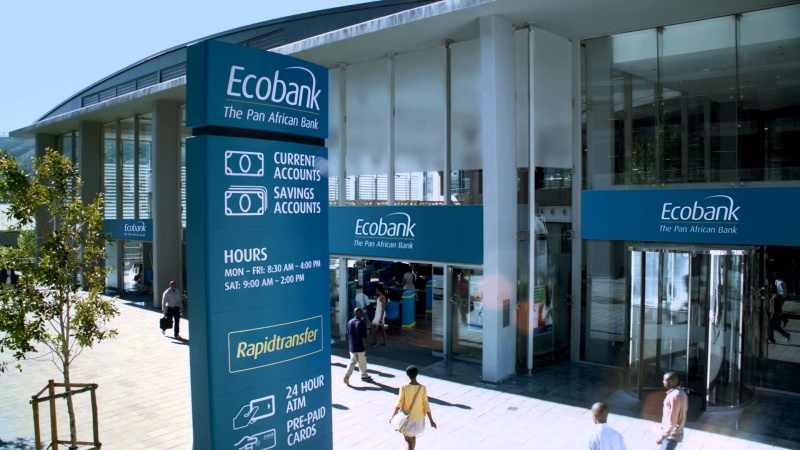Microsoft, the leading platform and productivity company for the mobile-first, cloud-first world and Ecobank Transnational Incorporated, parent company of pan-African banking group Ecobank today signed a memorandum of understanding (MOU) to complement African governments’ efforts to modernise and raise the standards of the continent’s major cities through state of the art digital solutions.
The MOU will see the modernisation of sectors that will have the most immediate and significant impact for African countries. These sectors will include bursary disbursements and school fee collections in the education sector; market shop and small vendor municipality collections, vehicle and driving licensing as well as eVisa and ePassport fee collections.
The agreement also supports the implementation of a comprehensive e-skills and a digital literacy programme. Other key areas such as land registration and fee collections in the municipal and hospital services are all expected to see some tremendous modernisation.
The collaboration ensued from increasing pressure on African cities due to urbanisation and the need to provide services that will ensure a healthier and safer environment, delivered in a fair, open and sustainable manner. “At Microsoft, our aim is to help societies digitally transform, from the single consumer to entire government departments,” said Amr Kamel, General Manager, Microsoft.
“Any nation properly supported by technology can transform into an intelligent ecosystem, capable of engaging with its citizens, empowering employees and optimizing operations to vastly improve lives.” As a means of ensuring the effective modernisation of key areas in government, Microsoft and Ecobank will collaborate in sharing best practice and technical guidance to government workers or citizens who will be using the applications regularly.
Ecobank Group CEO Ade Ayeyemi said: “Microsoft is a globally recognised brand. We are delighted to partner with Microsoft to move faster on our digital transformation strategy- the main focus of which is to increase financial inclusion in Africa.”
Source: Ghana/AccraFM.com

































